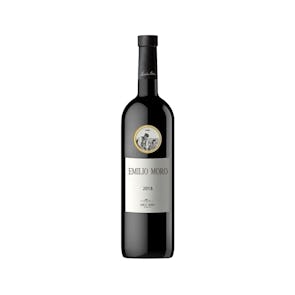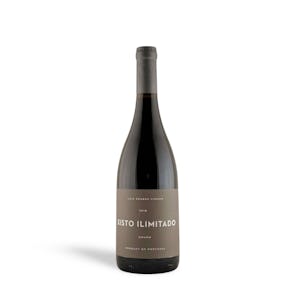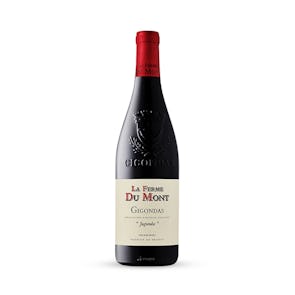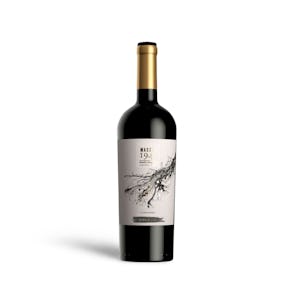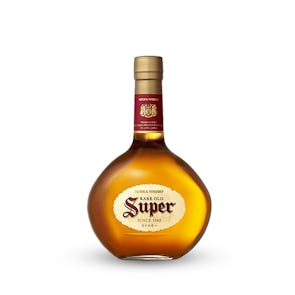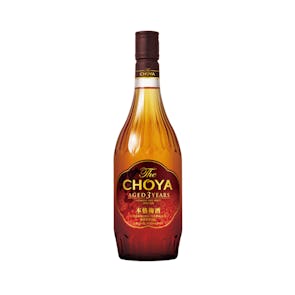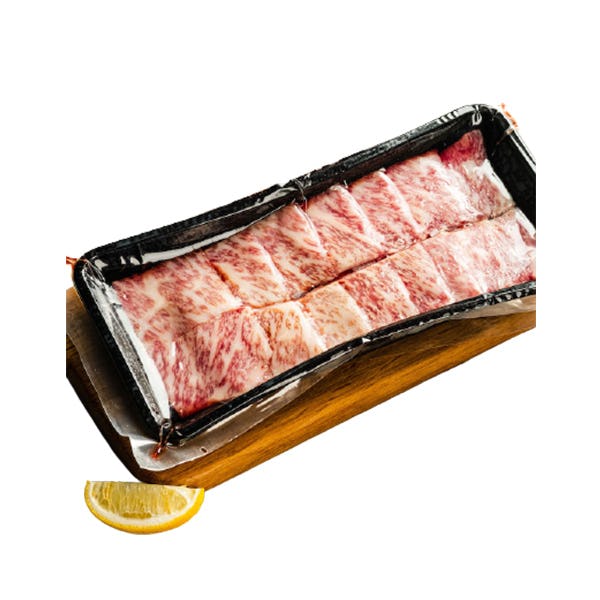
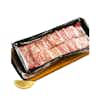
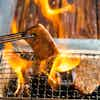
A5 Japanese Wagyu Ribeye Yakiniku Cut
For your best yakiniku yet
TASTING NOTES FROM THE CURATOR
A5 Japanese Wagyu is rare, and this ribeye is sliced to bite-sized pieces, perfect and ready to toss on a grill for your yakiniku or Korean BBQ parties. It’s absolutely delicious, with its characteristic melt-in-your-mouth texture, beautiful marbling, and unique umami flavor.
PREPARATION AND PAIRINGS
Yakiniku is a classic and popular part of Japanese cuisine, and is basically Japanese barbeque. The word means “grilled meat,” and it was believed to have been influenced by Korean galbi and bulgogi. The meat is cooked on griddles or gridirons over a grill (gas or electric), or over charcoal.
The meat is then dipped in a sauce, because the meat is not usually seasoned or marinated pre-grilling. The sauce is usually made with soy sauce, mirin, sugar, sake, garlic, and fruit juice.
TRULY, THE BEST OF THE BEST
The rarest of all steaks, A5 Japanese Wagyu accounts for only less than one percent of Japanese beef production. That’s how special it is. Wagyu means “Japanese cow,” and pertains to four native Japanese breeds.
One of them is the Kuroge Washu, or the Japanese Black. This cow is a special cow, unique not only to beef, but to the entire animal world. It is the only cow that metabolizes fat internally, integrating said fat into the muscle, creating that gorgeous marbling it’s famous for. This cow is so unique, that in 1997, the Japanese government banned all export of both its DNA and live specimens completely.
The Japanese grade their beef with a combination of letters and numbers. The letters pertain to the amount of usable meat, with A meaning “superior,” or yielding a high amount. The numbers pertain to fat marbling, color of meat, and the fat distribution, with 5, again, meaning “superior.” It’s a strict grading system, with three graders assigned to rate each beef, and the scores they give are combined for the final rating. These graders must train for two to three years before being deemed proficient.
So yes, an A5 Japanese Wagyu is very rare, and a very big deal.
Storage Instructions
Your cut of A5 Japanese Wagyu Ribeye Yakiniku Cut comes frozen and vacuum packed. Store in freezer. Thaw only when about to cook. Cooked leftover meat can only be kept in the fridge for 3 to 4 more days. Consume immediately.


